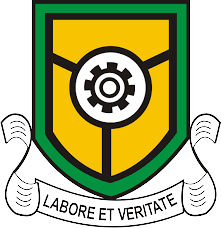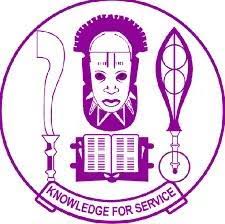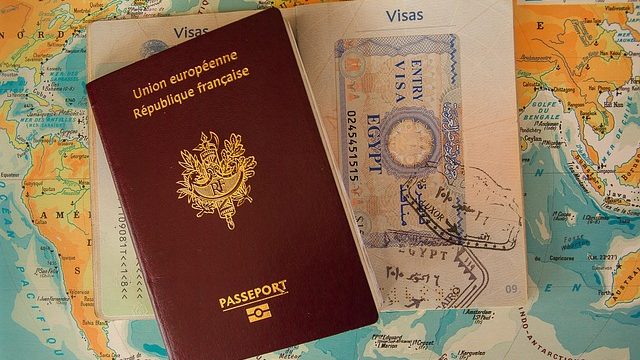
Applying for a visa can be both exciting and nerve-wracking. Whether it’s for travel, study, or work abroad, the visa interview is often the final step in getting approval. Unfortunately, many applicants get rejected due to simple mistakes that can easily be avoided. Understanding these mistakes and how to avoid them is crucial for a successful visa application.
In this article, we’ll explore the most common mistakes people make during visa interviews, provide practical tips on how to avoid them, and guide you on how to present yourself confidently.
1. Lack of Proper Preparation
One of the biggest mistakes in visa interviews is coming unprepared. This includes not understanding the type of visa you are applying for, the documentation required, or the purpose of your visit.
How to avoid this mistake:
- Study your visa category thoroughly. Know the requirements and restrictions.
- Prepare all necessary documents in advance, including passport, financial statements, invitation letters, and application forms.
- Practice common interview questions to answer confidently.
Proper preparation demonstrates seriousness and increases your chances of approval.
2. Providing Inconsistent or False Information
Many visa applicants make the critical error of giving inconsistent or false information. This includes discrepancies in your application, supporting documents, or answers during the interview.
How to avoid this mistake:
- Double-check all the information in your application before submission.
- Ensure your documents are accurate and up-to-date.
- Never lie during your interview. Even small inconsistencies can lead to rejection or future bans.
Honesty is always the best policy in visa applications.
3. Poor Understanding of Your Purpose
Visa officers want to know the exact purpose of your travel. Applicants who give vague or confusing answers often raise red flags.
How to avoid this mistake:
- Clearly explain why you are traveling and what you plan to do in the host country.
- Provide evidence of ties to your home country, such as a job, family, or studies, to assure the officer that you intend to return.
- Practice a concise, confident explanation that aligns with your documentation.
4. Failing to Demonstrate Strong Ties to Home Country
A common reason for visa denial is the inability to prove strong ties to your home country. Immigration authorities need assurance that you will return after your visit.
How to avoid this mistake:
- Show employment contracts, property ownership, or family connections.
- Highlight any ongoing studies or business commitments.
- Provide evidence of social and financial responsibilities in your home country.
The stronger your ties, the more likely your visa will be approved.
5. Nervous or Overly Casual Behavior
Your attitude during the interview matters. Being too nervous, fidgety, or casual can give the impression of unpreparedness or dishonesty.
How to avoid this mistake:
- Dress appropriately in formal or smart attire.
- Maintain good posture, make eye contact, and stay calm.
- Practice breathing techniques to reduce anxiety.
Confidence and professionalism leave a positive impression on visa officers.
6. Overexplaining or Rambling
Some applicants feel the need to explain every detail or justify themselves unnecessarily. Overexplaining can create confusion and suspicion.
How to avoid this mistake:
- Answer questions clearly and concisely.
- Stick to the facts relevant to the question asked.
- Avoid volunteering extra information unless asked.
Being precise and focused demonstrates confidence and clarity.
7. Ignoring Cultural Etiquette
Visa interviews are conducted by officials from the host country, and cultural differences can influence perception. Ignoring etiquette can hurt your chances.
How to avoid this mistake:
- Research basic cultural norms of the country you are applying to.
- Use polite language and address the officer respectfully.
- Avoid slang or informal gestures.
Respecting etiquette shows maturity and professionalism.
8. Forgetting Supporting Documents
Applicants often assume that verbal answers are enough and forget to bring crucial supporting documents. Missing documents can lead to immediate rejection.
How to avoid this mistake:
- Prepare a checklist of all documents required.
- Organize them in a neat folder for easy access.
- Bring extra copies of critical documents like your passport, financial proof, and acceptance letters (for student visas).
Having documents organized helps the interview proceed smoothly.
9. Failing to Practice Common Questions
Many first-time applicants are caught off guard by basic questions like:
- “Why do you want to travel?”
- “How long will you stay?”
- “Who is funding your trip?”
How to avoid this mistake:
- Practice answering common questions confidently.
- Keep responses honest, concise, and aligned with your documents.
- Rehearse with friends or family to build confidence.
ALSO READ: Best Countries to Migrate to for Work in 2025
10. Being Overconfident or Arrogant
While confidence is important, overconfidence or arrogance can negatively impact your interview. Visa officers are trained to detect inconsistencies and assess behavior.
How to avoid this mistake:
- Maintain a polite, humble, and professional demeanor.
- Avoid challenging the officer or appearing dismissive.
- Be courteous even if you feel nervous or anxious.
A balanced approach of confidence and humility works best.
FAQs About Visa Interviews
1. What is the most common reason visas are rejected?
The most common reasons include lack of strong ties to your home country, incomplete or inaccurate documents, and inconsistent answers during the interview.
2. How can I prepare for a visa interview?
Prepare by understanding your visa type, organizing documents, practicing common questions, and dressing professionally.
3. Can nervousness affect my visa approval?
Yes, excessive nervousness can make you appear unprepared or dishonest. Practice breathing, maintain eye contact, and stay calm.
4. Do I need to bring all my documents to the interview?
Yes. Always bring all required documents, including originals and copies. Missing documents can lead to rejection.
5. Is it okay to ask the officer to repeat a question?
Absolutely. Politely asking for clarification is better than giving an incorrect or unclear answer.
Conclusion
Visa interviews are a critical step in the journey to studying, working, or traveling abroad. By avoiding common mistakes like poor preparation, inconsistent information, overexplaining, or forgetting documents, applicants can significantly increase their chances of approval. Focus on preparation, professionalism, and honesty to make your visa interview a success. With the right mindset and approach, your dream of traveling or working abroad can become a reality.
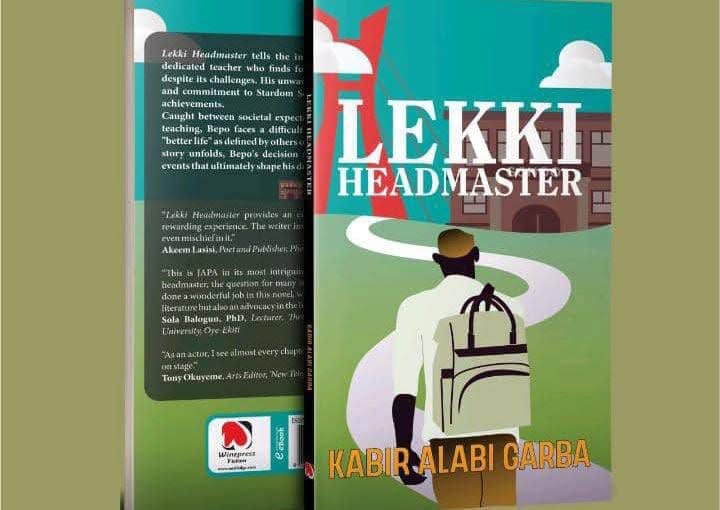
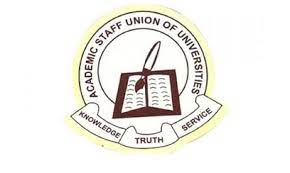

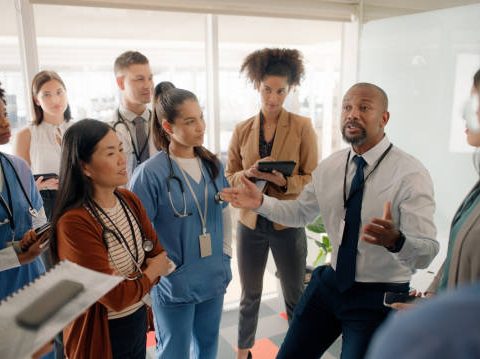
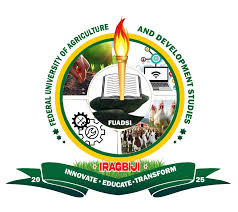
![FUTES-IYIN Cut Off Mark 2025/2026 is Out [All Courses] FUTES-IYIN Cut Off Mark 2025/2026 is Out [All Courses]](https://myeduplug.com/wp-content/uploads/2025/10/FUTES-IYIN-4.jpeg)
![FUADSI Cut Off Mark 2025/2026 is Out [All Courses] FUADSI Cut Off Mark 2025/2026 is Out [All Courses]](https://myeduplug.com/wp-content/uploads/2025/10/FUADSI-2.jpeg)
![FUMMSA Cut Off Mark 2025/2026 is Out [All Courses] FUMMSA Cut Off Mark 2025/2026 is Out [All Courses]](https://myeduplug.com/wp-content/uploads/2025/08/FUMMSA-1.jpeg)
![BUK Cut Off Mark 2025/2026 [All Courses] BUK Cut Off Mark 2025/2026 [All Courses]](https://myeduplug.com/wp-content/uploads/2025/01/BUK.jpeg)


